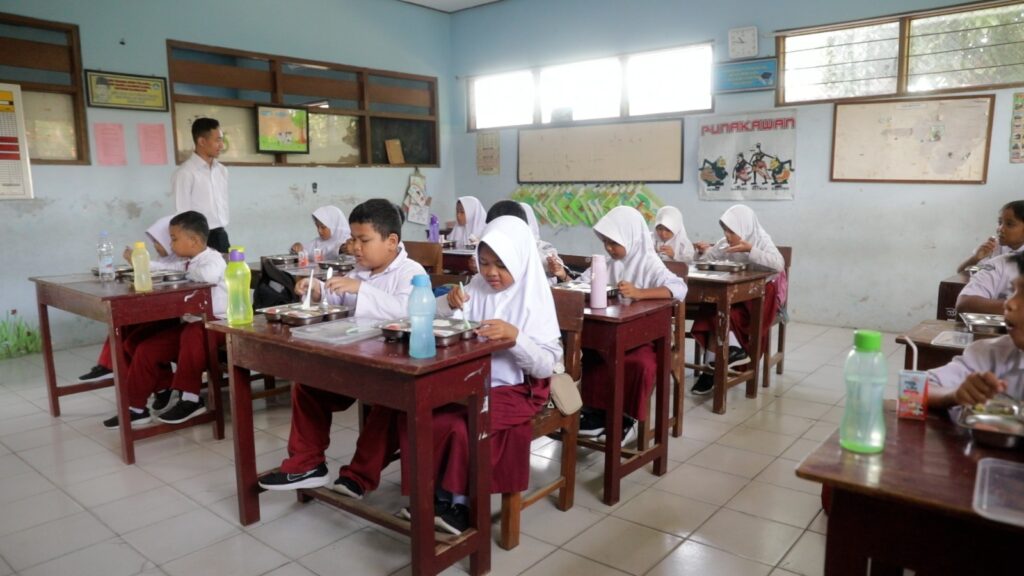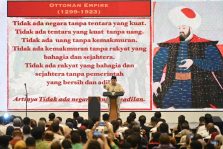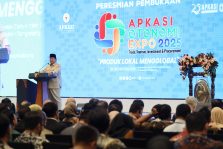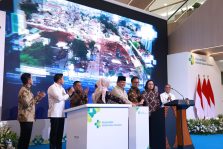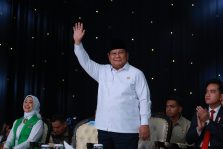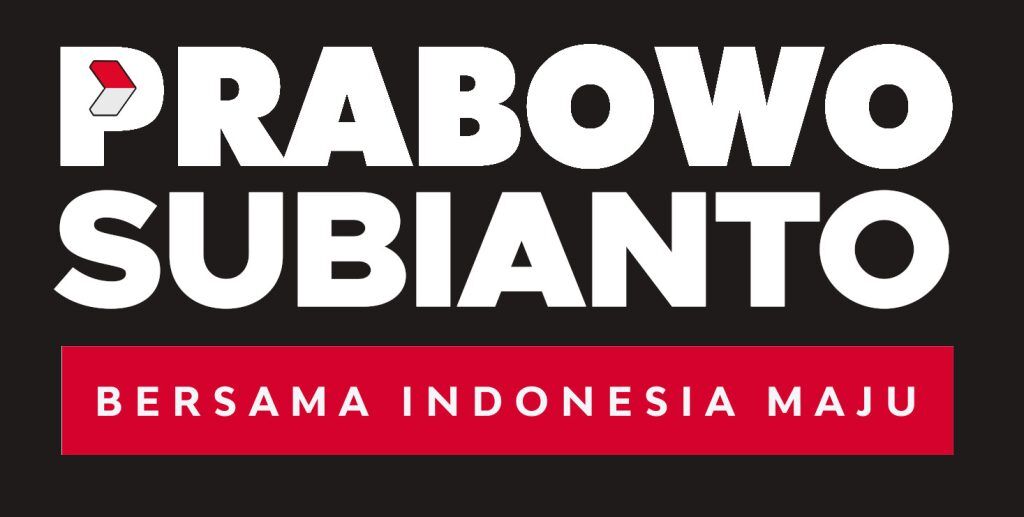If Tan Malaka were alive today, he might stand before a classroom and declare, “A school that does not feed its hungry students produces nothing but literate servants.” More than a searing critique, this statement speaks to the heart of what education ought to be. For this founding father of Indonesia’s independence movement, education was never a neutral institution—let alone a stage for individual competition. Education, in his view, was a tool for liberation. And every policy that enters the classroom must side with the oppressed.
President Prabowo Subianto’s Free Nutritious Meals Program (Makan Bergizi Gratis/MBG) is often understood merely as a nutritional initiative or a form of social aid. But through the lens of Tan Malaka’s thought, it addresses a deeper crisis at the core of Indonesian education: entrenched inequality and the disconnect between schools and the lived realities of the people.
In his seminal 1921 work SI Semarang and Onderwijs, Tan Malaka delivered a stinging critique of colonial schools, which he described as instruments of domestication. He exposed how these institutions produced a class of educated youth severed from their own communities. Students were taught cleanliness, discipline, and obedience—but not critical thinking or a sense of solidarity with the impoverished masses they left behind. “Such an education,” he wrote, “creates a class—the educated elite—who are detached from the people.”
To Tan Malaka, colonial schools were not engines of emancipation but factories for future administrators—those who would ultimately preserve structural inequality. In response, he helped establish Sekolah SI (Islamic Union Schools) as a radical alternative: schools that stood with the people, fostered organizational skills, nurtured empathy, encouraged public speaking, and—crucially—dignified manual labor, which was then the hallmark of native life.
In these schools, children did not merely learn to read and count. They learned to love their country, to understand the pain of their people, and to prepare for social transformation. By their teenage years, they were speaking at public rallies, forming organizations, and redefining hard work not as the burden of the lower class—but as the rightful dignity of every citizen. For Tan Malaka, education was not about transmitting technical knowledge; it was about awakening pride and class consciousness.
Viewed this way, the act of feeding children in school becomes a revolutionary act. It breaks the chains that have long allowed poverty to dictate a child’s fate. A hungry child cannot learn. And a child forced to study while starving is not being educated—they are being conditioned to accept their parents’ poverty as fate, not injustice. In such a world, school becomes a space for social adjustment, not awakening.
When implemented with justice and equality, the Free Nutritious Meals Program becomes a foundation for truly liberating education. Every child, rich or poor, deserves a hot meal from the state. This is not charity—it is policy rooted in ideology. It is not an accessory—it is a cornerstone. Feeding schoolchildren sends a message: they matter. They are national assets. And the nation is investing in them.
More than that, MBG restores the true purpose of education: to shape children not just into skilled workers, but into free human beings. Free from their parents’ limitations. Free from the belief that only the privileged deserve a future. Tan Malaka put it simply: “Children must be free… not beggars, nor servants of capital.”
This is the essence of education that we’ve forgotten. Schools should not exist solely to churn out jobseekers. They must shape citizens who are conscious of their rights and responsibilities. In this spirit, MBG must be seen—and enacted—as a political commitment to justice and a path to social liberation.
With MBG, 15 or 20 years from now, we may see business leaders, executives, and successful individuals who do not credit their success solely to personal grit or family sacrifice—but who recognize the early, profound role of the state in their journey. By the time Indonesia reaches its “Golden Generation,” we will not only have highly capable citizens—we will have patriots aware of their nation’s struggle.
If we truly want Indonesian education to liberate, then we must begin with the most basic truth: a full stomach is the precondition for a clear mind. And both social justice and national pride begin with Free Nutritious Meals.
By Hafizhul Mizan (Special Advisor to the Head of Presidential Communications)

